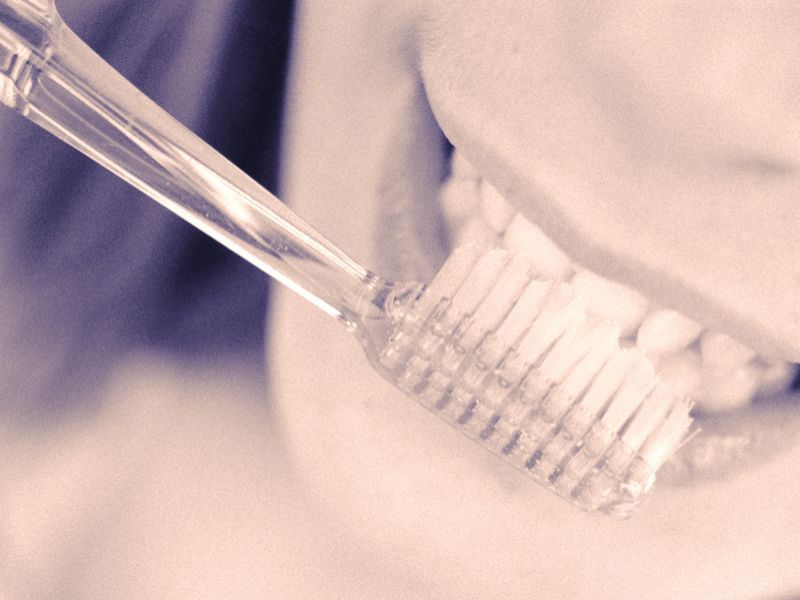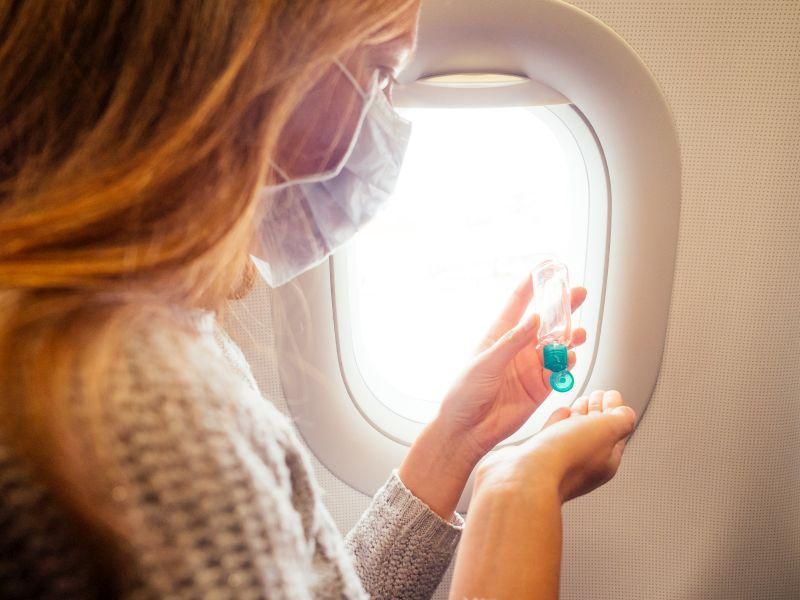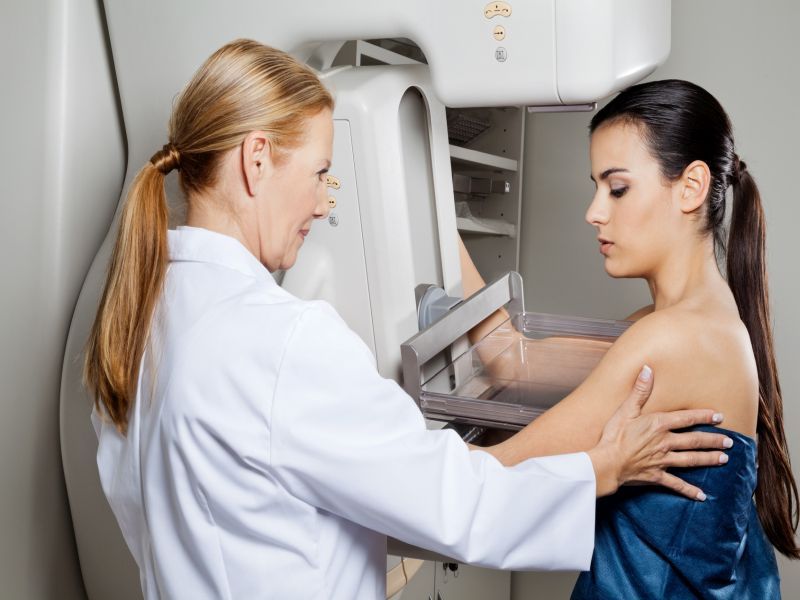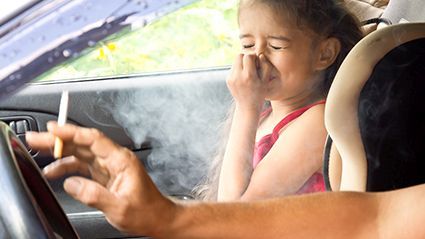
Despite being the dating-app generation, young adults are largely saying no to casual sex, and less drinking and more video games are two reasons why, a new study suggests. Surveys in recent years have been finding that compared with past generations, today’s young adults are not as interested in “hooking up.” The new study is… read on > read on >






























